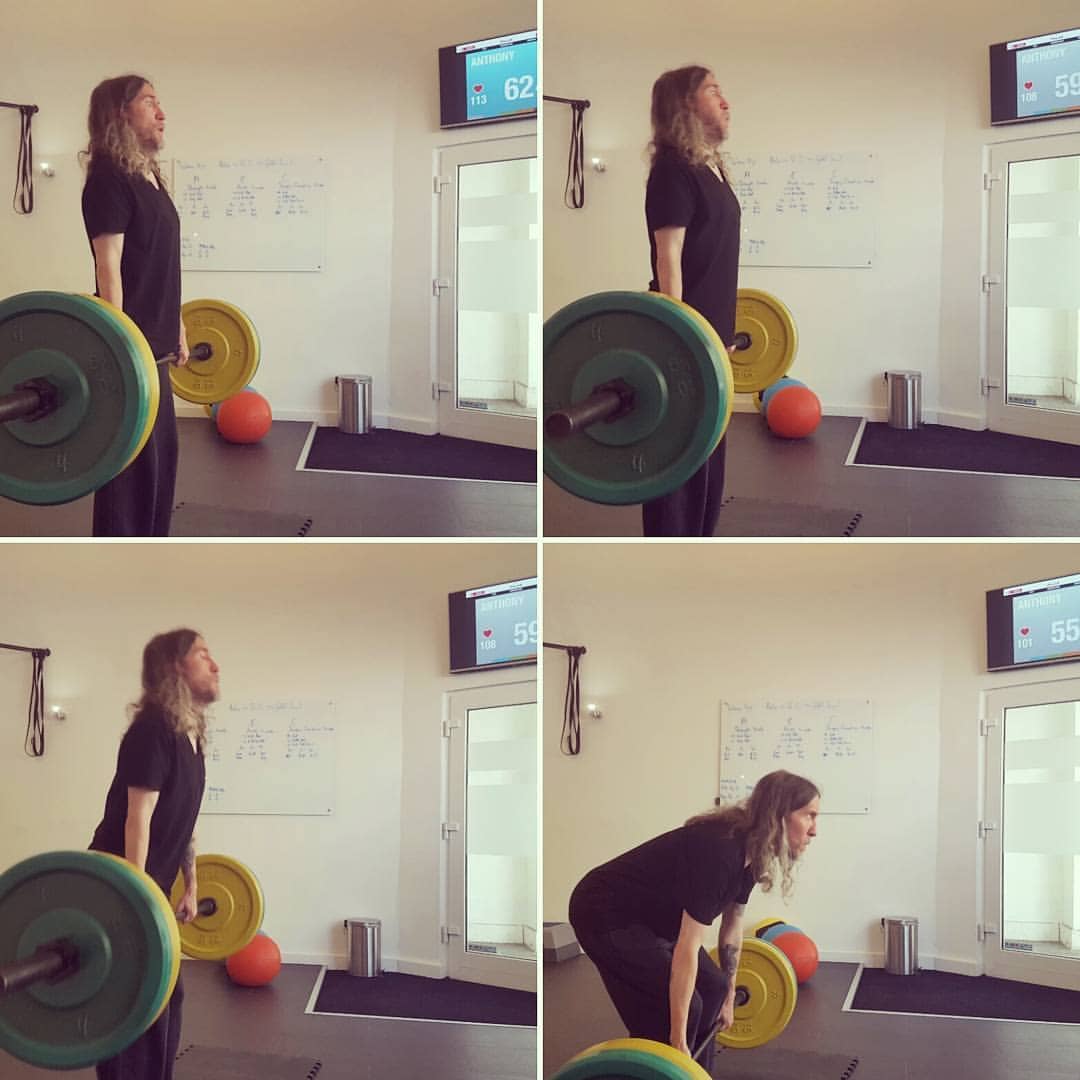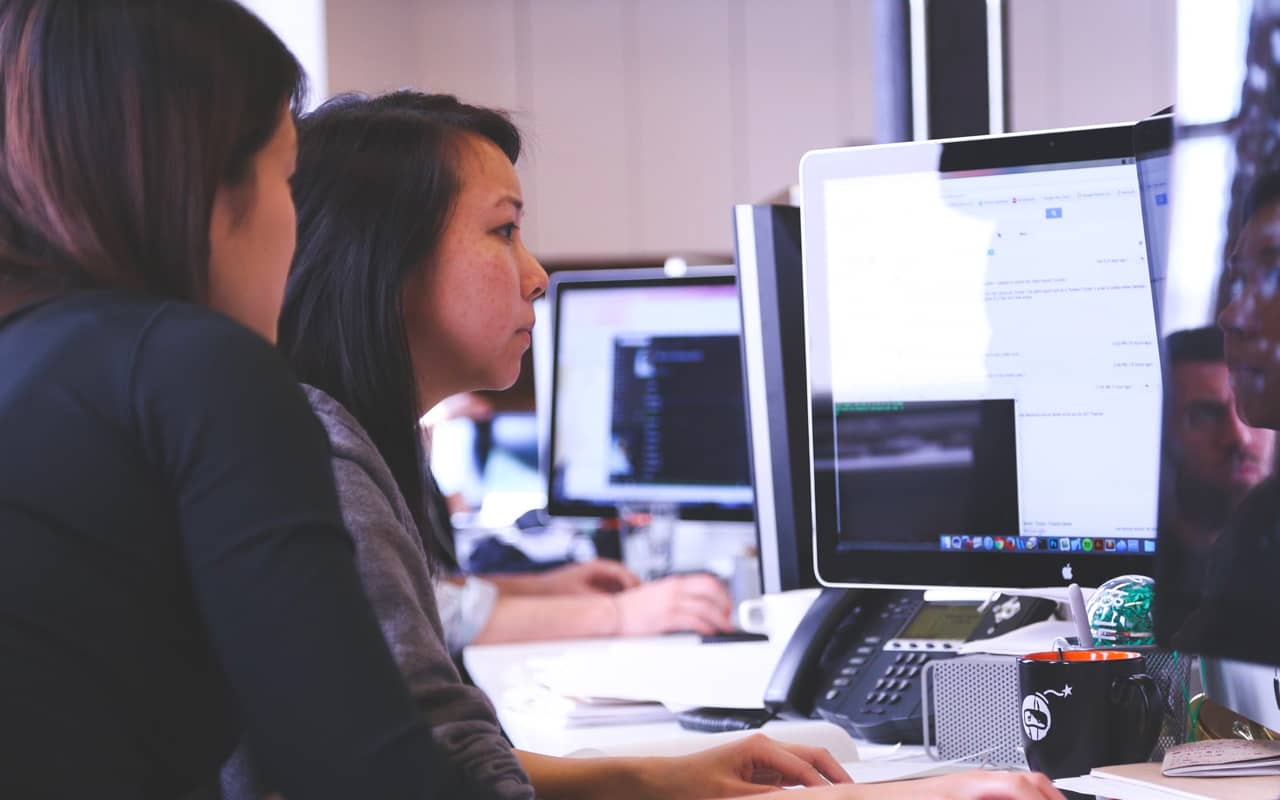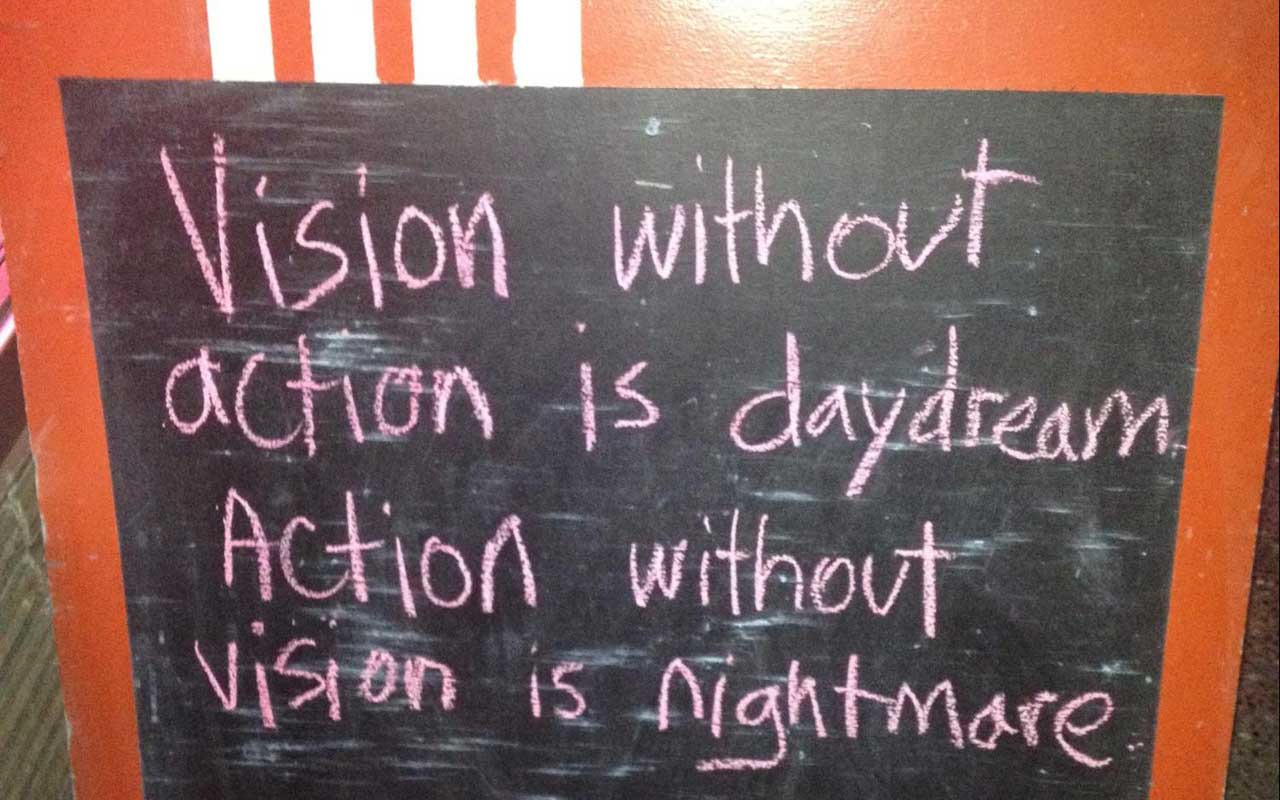 It’s shocking how much the difference between ability and skill matters to the quality of your life.
It’s shocking how much the difference between ability and skill matters to the quality of your life.
Even more shocking is how little we’re taught about the core differences between skills and abilities when we’re in school.
That’s because you really do have to focus on each of them in different ways. That’s because they each have nuances that matter.
For example, there are some skills that related purely to how your body moves. You can lose them if you don’t use them.
Then there are abilities that you’re born with that have nothing to do with learning. And least not as such.
That means there are a bunch of abilities you don’t have to worry about at all, which frees you up to focus on those that do.
Want to know more?
On this page, we’re taking a deep dive into a bunch of skills vs abilities examples that will help you save time as you improve all aspects of your life.
Let’s dive in!
Skills vs Ability: Why You Need to Know the Difference
One of the best ways to understand the differences between things is to take a moment and look at the origins of the words themselves.
“Skill” comes from the early 12th century. It was originally related to other words like knowledge and wisdom. Later, it came to mean separation or boundary in languages like Danish (skjel).
That’s a very interesting definition of the word skill.
Why? Because if you have skills you do tend to separate yourself from those who don’t. In a positive way, of course, the kind of way you can put on your resume.
Ability, on the other hand, has more to do with capacity.
For example, you probably have the capacity to hear. That’s something that happens to you automatically without having to do anything.
Abilities we’re born with belong to the realm of what psychologists call perceptual learning. This kind of learning relies on your brain automatically receiving and processing information about the world. It’s how kids learn languages – specifically the language that enters their senses through their surroundings.
These abilities are also called cognitive abilities. Although many can be trained, it’s important to understand that ability as such often refers to capacities that exist without any need for training.
But skills, by definition, do require some kind of learning process. And that takes us back to the early meaning of skill as a kind of separation.
To learn any skill, you not only separate yourself from those who do not have them. You also separate out the time needed to learn the skills.
Examples of Skills Vs. Abilities
When it comes to examples of the differences, here are some simple ones that make the difference easy to understand:
- The ability to hear music vs the skill of understanding musical key signatures
- The ability to remember episodes from your life vs using memory techniques to help you recall key events
- Having synesthesia that helps you experience numbers as highly memorable colors vs learning a number system to help you memorize a sequence like pi
- Being raised bilingual vs using adult tactics to learn a new language
How Memory Improvement Books Train Your Abilities Vs Your Skills
If you’ve ever read a book about Memory Palaces and memory improvement, you’ve probably had your abilities and skills tested early on.
Usually they start by giving you a list of twenty words. Without using any memory techniques, you’re asked to try and remember the list. Because your natural memory ability already uses some chunking, you’ll probably have the ability to recall 7-10 items.
After you develop memory skills like a number rhyme system, you’ll use those skills to score much higher. When you’re really skilled, you’ll get all 20 right.
The Ultimate Exercise For Spotting The Difference Between Skills & Abilities
You can also do a simple exercise throughout the rest of your day:
As you go about your business, ask yourself:
Am I using a skill I learned or harnessing an ability I was born with?
Here’s an example of what I mean:
When you pick up those chopsticks, you’ll probably be able to remember when you picked up the ability to use them. But if you reflect on your body as it digests the food you ate using those chopsticks, that’s an ability your body has.
That said, your ability to digest is massively assisted by learning skills like how to chew properly. There are many examples like this where the skills we learn optimize our natural abilities.
How to Assess Your Own Skills vs Abilities
Now that you’ve understand the difference between skills and abilities, you might be wondering how to test the skills and abilities you’ve got.
First of all, self-testing is possible. But you have to make sure you aren’t bringing any of these biases to the table. We often tend to grade ourselves more highly than we deserve, which is why impartial assessment tests like the LSAT exist.
Let’s look a bit deeper at this kind of test:
You have the ability to show up for an exam. And you probably have enough discipline to sit through the exam period and run a pencil over the paper.
But do you have the skills needed to pass the LSAT? You can only really test this skill by having gone through a training period first.
And to train effectively requires self-testing all along.
To do that, here are some suggestions.
One: Keep A Journal
On this site, I teach memory techniques and how to self test your skills using a process known as active recall.
Both Johannes Mallow and Don Michael Vickers are highly accomplished memory athletes, for example. They’ve both share in detail how they use journaling for better memory, and I’ve shared how I’ve extended journaling myself for overall self improvement.
You can also read about how I’ve used The Freedom Journal for self-testing of my language learning skills and the ability to recall vocabulary and phrases.
Artists also use journals to test their skills and abilities. It’s a very important part of deliberate practice in all areas of art and performance.
Two: Work With A Coach
When I first got serious about developing my physique, I knew I needed to work with a fitness expert and a dietary counselor.
By working with both of these experts, I was able to rid my body of foods that cause memory loss.

Lars, my fitness coach, was especially good at helping me test my skills. i learned the very challenging Turkish Getup using kettlebells with him.
And a huge part of it was him helping me first reconnect with my natural human ability to find my balance and move correctly.
I cannot stress the value of working with coaches enough. Even if you’re protesting that this isn’t technically testing yourself, I’m here to say that it is: You’re testing your ability to stay the course and work with someone who gives you meaningful feedback.
Three: Set Milestones And Goals
A lot of people say that you should have systems that you follow instead of relying on motivation.
I completely agree. And I think it’s very important to create and use vision statements in order to maximize your mental strength.
Having clearly described outcomes that you want to achieve are a test unto themselves.
The trick is to never let yourself become discouraged, which is why I highly recommend you learn the best possible positive visualization skills. I certainly needed to learn them because until I undertook training, I had no ability to think positively, natural or otherwise.
I share more of the story of how I became much more happier by setting goals and using vision statements in The Victorious Mind.
How to Use Your Natural Abilities to Enhance Your Memory Skills
Now, since this is a memory training blog, let’s talk about one natural ability just about everyone has: memory.
The great thing about memory is that it comes packed with something called spatial memory.
Those of us who love learning the skills involved in mnemonic imagery harness spatial memory to use an extraordinarily powerful tool.
It’s an ancient memory technique called the Memory Palace.
Basically, you create a mental recreation of a familiar place in your mind.
Then, using funny associations, you remember important information by placing those associations along a journey.
It’s fun and easy to do and I show you how in this FREE memory improvement course:
This technique provides the perfect way to take your natural abilities and increase their value by learning a new skill.
It’s an incredibly simple memory hack and it helps you improve both your natural abilities and your skills at the same time.
Here’s a simple example:
Humans have the ability to make sounds with their throats. Over time, our culture trains us to speak.
But just because we know how to speak our language doesn’t mean we can give a speech or presentation very well.
We all know that we can learn how to give very good speeches from memory with training, however.
I personally took that natural ability to make sounds with my mouth and trained in the art of giving speeches. As a result, I wound up reaching millions of people through one TEDx Talk.
As a result of so many people, I’ve received a ton of feedback. By reflecting on that feedback, I’ve managed to improve both how I write and deliver speeches ever since.
And that’s how the Memory Palace helps you improve both your natural abilities and your trained skills at the same time.
What Are Skills And Abilities? Life Itself.
No, I’m not exaggerating.
We life in a world that faces constantly changing global economies, amongst other challenges. The more skilled you are, the more likely you’ll be to find and keep employment.
And the more you’re aware of your inherent abilities, the more you’ll be able to perceive them and harness them towards developing the skills that are right for you.
So what do you say?
Are you ready to apply your newfound understanding and improve your skills while exploring your natural abilities?
I hope so. The world is truly your oyster and you have so much potential!
Related Posts
- Episodic Memory vs. Semantic Memory: The Key Differences
Episodic and semantic memory are tied at the hip in one key way. But there…
- Timothy Moser Talks About Memory Skills and Productivity
In this episode of the Magnetic Memory Method Podcast, you'll hear from Timothy Moser, a…
- Phil Chambers Talks About The Outer Limits Of Memory Skills
Listen to this great interview with World Mind Mapping Champion, Phil Chambers.






